-

How to Compile Software from Source?
If you’re a Debian or Deb-based Linux user looking to explore software that isn’t available in your package manager, compiling from source might be the answer. Compiling software from source gives you control over the…
-
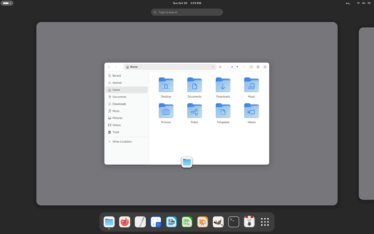
How to Install the Latest GNOME on Debian? With Auto-Upgrade
Using Debian Linux is fine for most users as it ships very stable and rock solid package for everyone, and this is the main reason why most online servers are using Debian as their favorite…
-

Power Profiles Daemon and TLP for Linux Laptop Battery Life
Ever felt like your laptop is conspiring against you, draining its battery just when you need it most? We’ve all been there, scrambling for a power outlet like it’s an oasis in the desert. But…
-
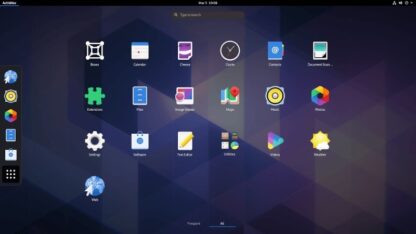
Best Desktop Environments for Linux
Linux is loved for its flexibility, and desktop environments (DEs) are a key part of that. Whether you’re looking for a full-featured, modern experience or a lightweight environment for older hardware, Linux has something for…
-

Optimize and Improve Linux Laptop Battery Life Using TLP
This guide provides a comprehensive look at how to install and configure TLP to improve battery life on Linux laptops. You can include additional examples based on specific distributions or laptop models to tailor the…
-
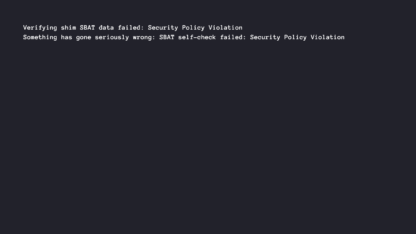
Verifying Shim SBAT Data Failed: Security Policy Violation
Planning to move from Microsoft Windows to some Linux distro? We often see such error messages “Verifying shim SBAT data failed: Security Policy Violation” and “Something has gone seriously wrong: SBAT self-check failed: Security Policy…
-

How to Check Disk Space on Linux?
Learn how to check disk space on Linux with this comprehensive guide. Explore commands like df, du, and lsblk, and discover graphical tools and automation tips to effectively monitor and manage your system’s disk space.
-
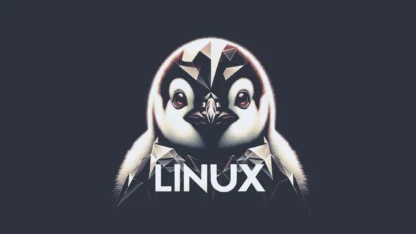
The Origin of Linux: A Journey from Hobby to World Domination
Linux, the open-source operating system that powers everything from smartphones to supercomputers, has an origin story that’s as fascinating as the software itself. It began as a personal project of a Finnish student and evolved…
-
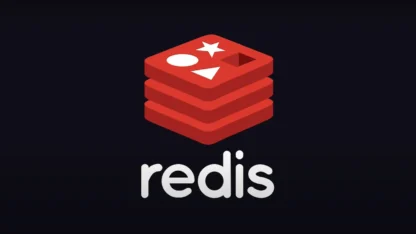
Install and Enable Redis Object Cache for WordPress on Debian Linux
WordPress has an inbuilt object cache that it uses to save on the trips to the database, but, it’s a non-persistent object cache. By using a 3rd party persistent object cache like Redis, we can…
-

Essential UFW Commands and Their Usage
UFW (Uncomplicated Firewall) is a powerful network control tool designed to simplify the management of firewall rules on Linux systems. It provides a user-friendly as well as command line interface for configuring iptables, making it…
-

What Is Uncomplicated Firewall (UFW), and Why Use It?
UFW, or Uncomplicated Firewall, is a simple, user-friendly interface for managing a Linux system’s firewall. Designed to simplify the complex and often intimidating iptables interface, UFW is particularly popular among Debian and Ubuntu users. This…
-

Why Advanced Users Make the Switch From Ubuntu to Debian Linux?
Ubuntu and Debian are closely related, with Ubuntu being derived from Debian. However, there are several reasons why Ubuntu users might eventually migrate to Debian. I was an Ubuntu Linux user initially and when I…
Linux
From smartphones to cars, supercomputers and home appliances, home desktops to enterprise servers, the Linux operating system (kernel) is everywhere.